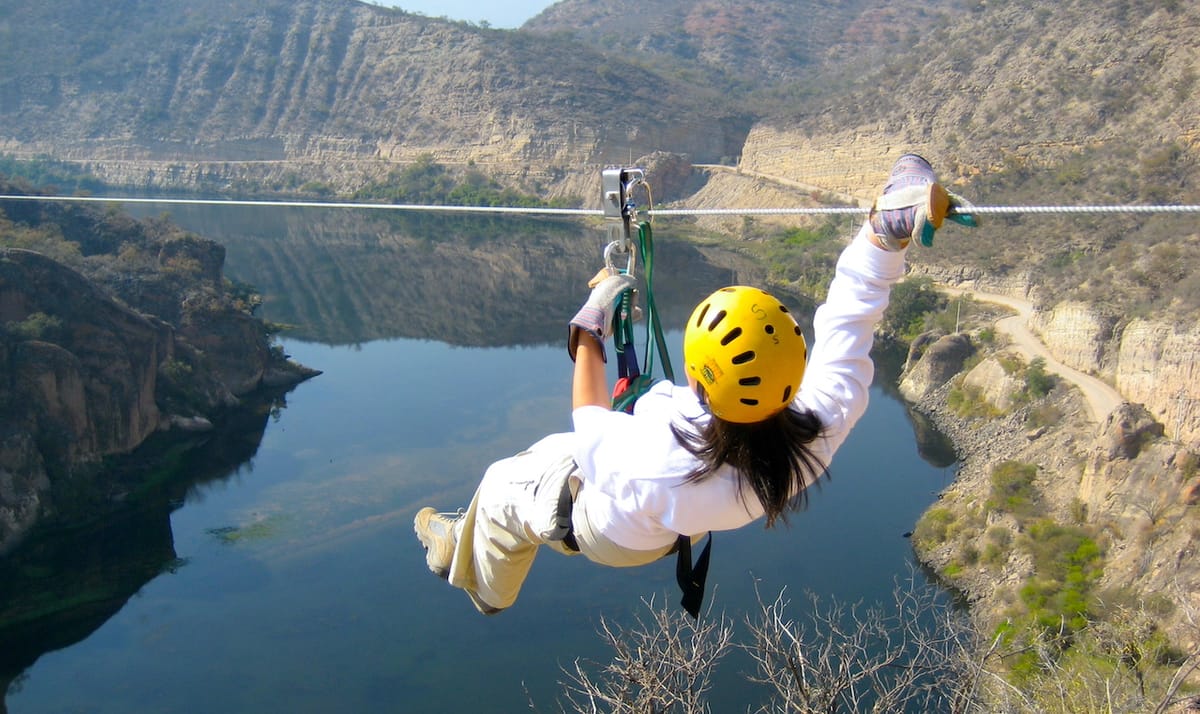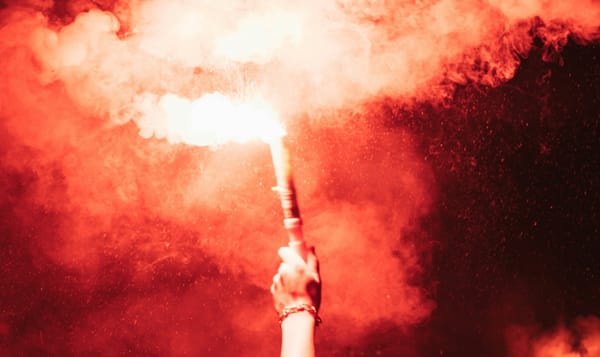just stay alive

I had a great chat with my friend Clara recently. They and their friend Melo are the hosts of a podcast, Intersectionality in the Diaspora. We talked for a while about our experiences surviving predominantly white institutions (PWIs). We discussed the harms that they can visit on BIPOCs existing in all parts of society. It was a satisfying conversation! If you would like to listen, it’ll link to it once the podcast goes live.
Preparing for the podcast helped me clarify my thoughts on survival. I’ve talked about the webinar series I took hosted by artEquity: BIPOCs surviving PWIs. Over the course of five sessions, the speakers and participants shared many of their own experiences at a PWI. Their perspectives led to a single unblinking message: get out!! Prepare the resources and the network you will need to survive without them. Leave your PWI while you still can.
I struggled with the idea that a series on surviving PWIs was telling me there is no survival. But their arguments were persuasive. For many BIPOCs, staying in a PWI means a career of feeling undervalued, tokenized, or othered. We in PWIs recognize that we may spend a lifetime performing work that we aren’t paid for. Dr. Adia Harvey Wingfield writes about the “racial tasks” that companies ask of workers of color. These tasks reinforce racial hierarchies, maintain the status quo, and limit the impacts of revolution. This stress creates a debt that compounds and is never repaid in full.
These truths have been turning over in my mind for weeks now. I’ve written a handful of essays on this site where I process my thoughts. I started out rejecting those ideas. Why should we abandon all these systems and structures of power? How can they make the progress we need without us? And the money! They have immense networks of donors that may not be available to a person of color just starting out. How are we supposed to pay rent? Even as I processed this, I knew on some level they were right. I also knew that the other side’s grass is a hypersaturated green. It can’t be that good. Right? With all that in mind, I wanted to make a case for both worlds.
for those who stay in a PWI
Predominantly white institutions are all around us. They are the beneficiaries of centuries of unequal power and outsize influence. No matter how good we are, they won’t all implode this year. So how can we live with them?
why you’d want to
For some people, staying in a PWI can feel like trying to seize the means of production. Here we have a sturdy institution that we know can move. Organizations are people, people are malleable. If we know that all organizations must adapt or die, then adapting to a racially just world is in both our interests. There are places to find common ground. For the people who are willing to teach, there are leaders in PWIs who are ready to learn.
what you need to remember
With all that said, you have to remember what you are signing up for. The progress will be slow. There will be months or years where the best you can hope is to be pleasantly surprised. There are leaders out there who’ve never considered these things. And in an instant, they can change their deep-seated beliefs. I’ve worked with groups that one day realized their complicity with white supremacy. For the BIPOCs in their world, this must have felt like some kind of liberation. But those stories are also rare.
Staying at a PWI demands patience and understanding. It’s well-documented that we are changed when we navigate worlds that aren’t made for us. For those of us who dream of a new world, our goals won’t always align with theirs.
With all that said, I have to be really honest here. The longer we work in the systems that were built to oppress us, the longer it will take before we’re free. I grew up internalizing the “twice as good” rule. What I’ve learned is that even after a decade doing what I do, I am still setting my own performance expectations that high to be seen as worthy. And it is still not enough to bend the perspectives of the people holding the keys.
Existing in this structure my whole life still has me believing that I can smile and paint a positive outlook on this approach. I can’t. The people who can will retire at 85 still waiting for someone to save them. I created this website under the belief that the real savior, like a movie with a time travel loop, has to be us (those movies are incidentally my favorite).
No matter where you are or how entrenched you feel, you need to get out. PWIs will eat you alive before they realize you’re even there.
while we’re here, we can:
- work to understand and refine our goals and intentions
- radicalize our coworkers and employees
- speak up! using whatever voice we have
- support unionization and efforts that create a collective consciousness among staff
- create a bubble of safety and support and invite fellow BIPOCs in
why you might reconsider
If you can do this, do it for a long as you can. Know that if you do leave, your habits and instincts will carry with you the lessons of your PWI. But also know that leaving is not a failure. Know that any progress you have made is its own success.
for those who leave
Everyone knows the Audre Lorde quote! The place we want to go, we can’t get there from here. PWIs that fear change will survive the longest by maintaining the status quo. No matter how hard we try, it’s too tempting to undervalue workers. This creates its own trauma. If we want real liberation, we will have to do it ourselves.
why you’d want to
The clearest path to liberation is to reject the status quo and make something new. It might not be perfect. There are other donors out there. There are other people who are looking for better things. Reject the low valuation of your worth, and help others find their own future.
You don’t have to start your own organization to get out. BIPOC-led or BIPOC-centered institutions are out there. The jobs may be more scarce because they’re more in demand. And they aren’t always as large, but they still have impact. Many of our colleagues start out as single-person consulting firms and grow from there. You have the power to create something that has a real impact within your community. Your work has the potential to grow, and to go far.
At a PWI, you may be spreading messages you don’t agree with, while trying to get slivers of your ideas into them. Leaving that PWI means you can spread the messages and ideas that hold value with a new audience. Rather than grinding yourself to dust, you could help create authentic, satisfying outcomes.
what you need to remember
Working on your own is not easy. Don’t set out without preparation, because our racist and capitalist society has a specific type of intolerance for BIPOC failure. Know that it is difficult, but remember that it’s necessary. Right now, I don’t know if I’m ready for the hustle required of a full-salary consulting gig. One person in the Surviving PWIs session shared that she was grateful to be on her own and out of the education PWI she used to work at. But now, as a consultant, she works with the same people she was happy to escape.
Even if you leave a PWI, there will always be people who can’t. People who are more junior in their careers. People who need the stability of a steady paycheck from well-established donors. Leaving a PWI doesn’t mean leaving the BIPOCs who are in them. Work with and support each other. Know that they may feel trapped even though they can see you’ve wriggled free.
while we’re here, we can:
- mentor people at PWIs, and show them what’s possible
- help people see that the water isn’t as deep as they might fear
- educate your clients on concepts they couldn’t hear when their BIPOC employees first said them
- share and refine your ideas with like-minded folks
- grow your organization and hire in all the ways you wish PWIs would
why you might reconsider
For some people who leave, liberation at first might mean sleeping on a friend’s couch. If that works for you, do it. Not everyone can make that choice yet. It’s horrible that we live in a world where we can’t strike out on our own without connections or a trust fund. No matter where we are right now, we share a common goal.
just stay alive
I oscillate between wanting to be in both of these camps. I’ve seen and felt the impact that I’ve had in PWIs. These accomplishments might not have been possible if I was standing on the outside. I also know that the longer I’m in, small victories feel enormous. I look at my career and feel the changes I’ve made for the causes I believe in. But wouldn’t it also be amazing to work for those causes full-time?
The victories I’ve had in PWIs are also in some ways half-measures. They came with compromises, costs, and delays. By the time we get the nation to a $15/hour minimum wage, the minimum wage adjusted for inflation should be $22/hour.
No matter where we are, we have to do our part to reject white dominant culture. That culture indoctrinates us to believe there is only one right way. We know this is false. There are as many solutions to a problem as there are paths to justice. For as long as someone is trapped in a PWI, there is still work to be done. For people who have gotten out, the work is different but the same. No matter where we are or who we report to, we must keep walking forward.



